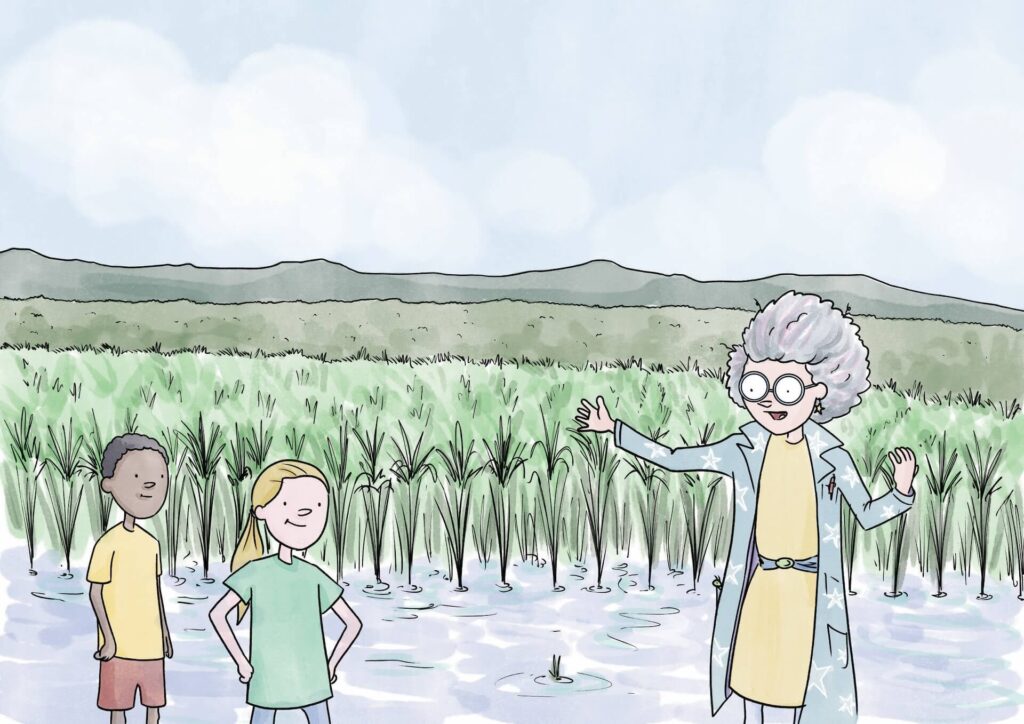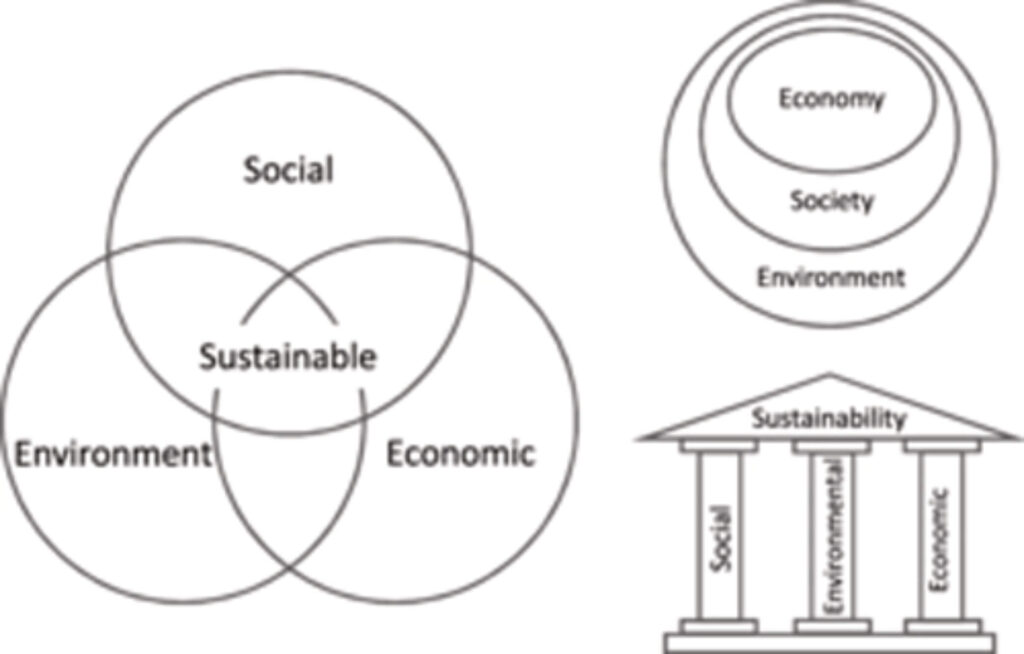Sustainability...

A BIg WORD FOR ENQUIRING MINDS
Sustainability is a big word which can be sometimes very confusing to children as the way sustainability is portrayed is different to different people. For example, some focus on environmental impacts such as carbon emissions, others on humanitarian challenges such as employee welfare and others on the economic importance such as the revenue products can bring in order to be able to continue producing them.

There are many approaches people can take to transition to environmental sustainability. These include maintaining ecosystem services, reducing food waste, and promoting dietary shifts towards plant-based foods. Another is reducing population growth by cutting fertility rates. Others are promoting new green technologies, and adopting renewable energy sources while phasing out subsidies to fossil fuels.[1] The United Nations agreed the Sustainable Development Goals (SDGs) in 2015.[2] These set a global agenda for sustainable development, with a deadline of 2030.
1. Ripple, William J.; Wolf, Christopher; Newsome, Thomas M.; Galetti, Mauro; Alamgir, Mohammed; Crist, Eileen; Mahmoud, Mahmoud I.; Laurance, William F.; 15,364 scientist signatories from 184 countries (2017). “World Scientists’ Warning to Humanity: A Second Notice”. BioScience. 67 (12): 1026–1028. doi:10.1093/biosci/bix125. ISSN 0006-3568.
2. United Nations (2015) Resolution adopted by the General Assembly on 25 September 2015, Transforming our world: the 2030 Agenda for Sustainable Development (A/RES/70/1Archived 28 November 2020 at the Wayback Machine)